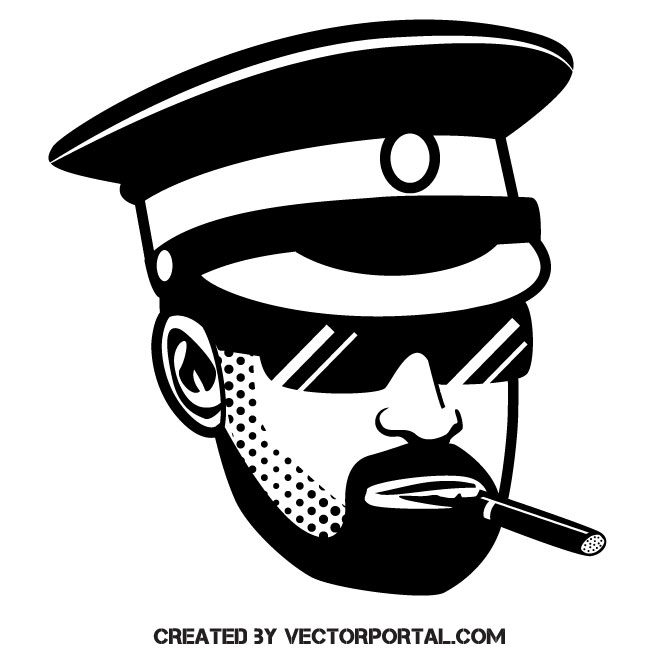To the list of methods of government–democracy, republic, monarchy, dictatorship, etc., etc.–we can add another: competitive authoritarianism.
This is when the people democratically elect an authoritarian ruler. Then later, they can elect a different authoritarian ruler.
This is indeed a form of democracy, since the people choose their leader. But instead of a rule of laws, as legislated through a democratic process and to which even the ruler is subject, competitive authoritarianism is rule by decree from a “strong man,” who, despite his almost dictatorial powers, can be voted out of office.
I came across this concept in an article from the Washington Post by Ishaan Tharoor entitled U.S. democracy slides toward ‘competitive authoritarianism’. The article thinks President Trump was an authoritarian–though few presidents were as checked and balanced as he was–and raises alarms about election deniers, January 6 insurrectionists, and the Republican threat to democracy. He doesn’t seem to face up to the implication of the concept he invokes, that Democrats must be competitive by implementing their own authoritarianism.
But Tharoor links to a scholarly article that first defined the phenomenon in the Journal of Democracy (2002) by political scientists Steven Levitsky and Lucan A. Way, entitled Elections without Democracy: The Rise of Competitive Authoritarianism. (That work was updated in 2020 in a new article, The New Competitive Authoritarianism, which contends that this form of government is spreading.)
Levistsky and Way examine various post-colonial and post-Cold War regimes in Africa, South America, and Eastern Europe, coming to these generalizations (from the original article):
In competitive authoritarian regimes, formal democratic institutions are widely viewed as the principal means of obtaining and exercising political authority. . . .Although scholars have characterized many of these regimes as partial or “diminished” forms of democracy, we agree with Juan Linz that they may be better described as a (diminished) form of authoritarianism. . . .
Although elections are regularly held and are generally free of massive fraud, incumbents routinely abuse state resources, deny the opposition adequate media coverage, harass opposition candidates and their supporters, and in some cases manipulate electoral results. . . .
Although incumbents in competitive authoritarian regimes may routinely manipulate formal democratic rules, they are unable to eliminate them or reduce them to a mere façade. Rather than openly violating democratic rules (for example, by banning or repressing the opposition and the media), incumbents are more likely to use bribery, co-optation, and more subtle forms of persecution, such as the use of tax authorities, compliant judiciaries, and other state agencies to “legally” harass, persecute, or extort cooperative behavior from critics. Yet even if the cards are stacked in favor of autocratic incumbents, the persistence of meaningful democratic institutions creates arenas through which opposition forces may—and frequently do—pose significant challenges. As a result, even though democratic institutions may be badly flawed, both authoritarian incumbents and their opponents must take them seriously.
Image by Vectorportal.com by Vectorportal.com













